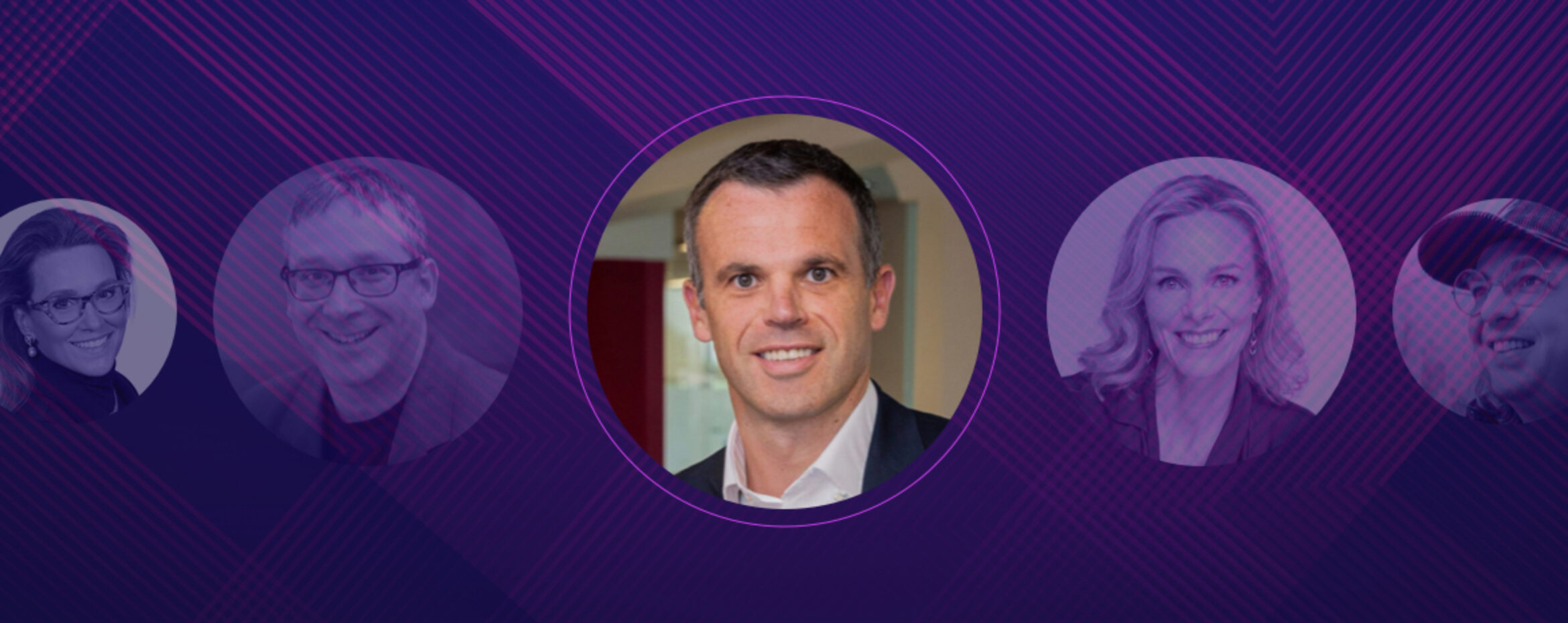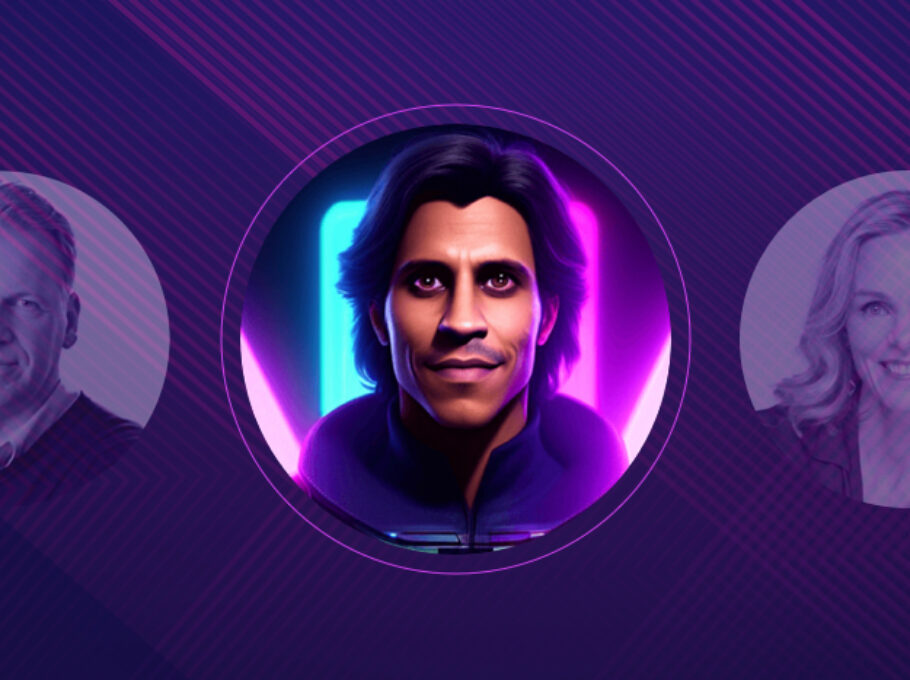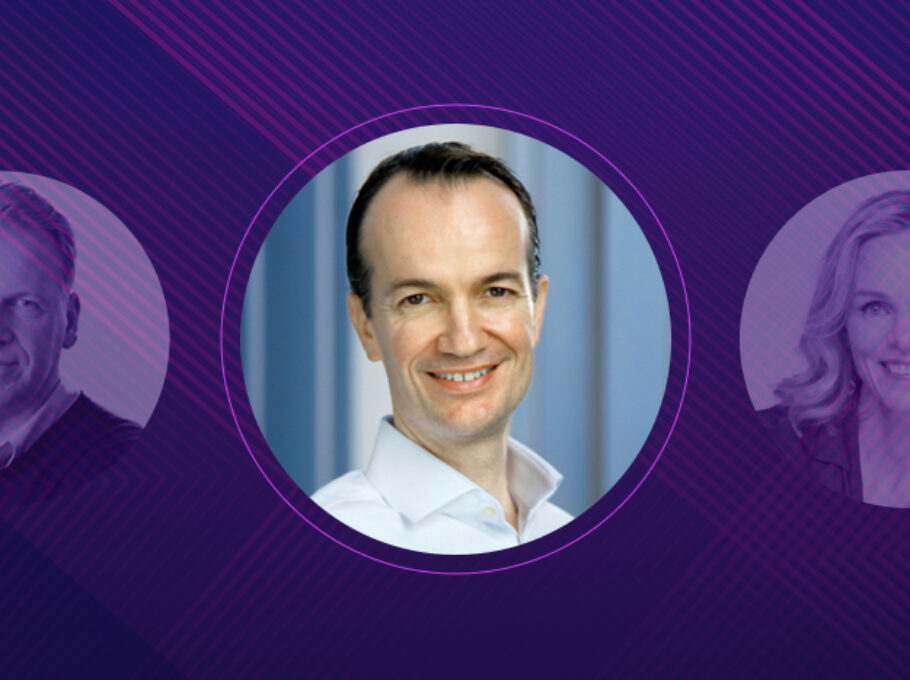How did you become involved in Healthcare and Life Sciences?
I started working in healthcare over 20 years ago as a policy analyst in the UK government. It rapidly became clear to me the multi-dimensional significance of healthcare as a policy area – for individuals, for communities and for the society and economy at large. On a personal note, everyone has their own individual and family story of why healthcare matters to them. I am no different and it is this motivation that sustains me professionally on an everyday basis.
What will you be speaking about at the conference, and why is it especially important right now?
This is such a challenging time for public healthcare systems around the world – still recovering from the COVID-19 pandemic, they are struggling to manage operational, financial and workforce challenges, often with long waiting lists still to address. At the same time, we have this new class of technologies – in Generative AI – that offer the real prospect of being able to address some of these most pressing challenges in healthcare delivery and the life sciences. So at time when it would be easy to feel pessimistic, I actually feel very optimistic about the future of healthcare.
Technology that can cut the administrative burden of clinical documentation on clinicians can give them time back to care
What key takeaway do you hope attendees will gain from your session?
I hope attendees will gain a deeper appreciation of both the practical ways in which AI is already supporting healthcare systems to deal with their real pain points, as well as the longer term potential of these technologies to transform altogether how we think about healthcare delivery.
What trends or developments in AI excite you and concern you the most?
I am particularly excited about the potential of ambient AI in healthcare. Technology that can cut the administrative burden of clinical documentation on clinicians can give them time back to care, enhance the patient experience and improve system efficiency.
What advice would you give to someone looking to develop AI solutions?
Start with a problem that actually needs solving! It’s obvious, but you would be surprised by how often it is neglected. Then co-develop your solution with people who will use it everyday.







